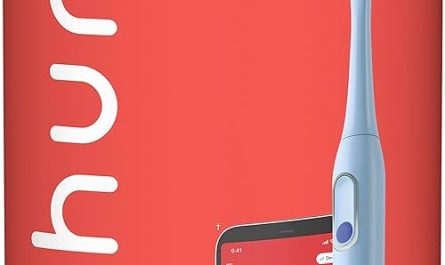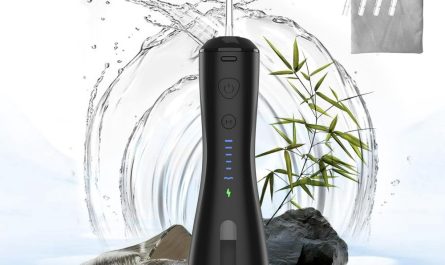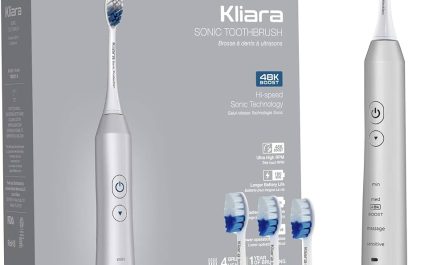Understanding Your Electric Toothbrush
Before we tackle the question of why your electric toothbrush might emit a smell, it’s essential to understand the basic components and functioning of these devices. An electric toothbrush generally comprises a handle, a rechargeable battery, and a brush head that vibrates or rotates to clean your teeth.
Common Causes of Electric Toothbrush Odor
Poor Oral Hygiene and Residual Bacteria
Bad smells from electric toothbrushes often come from poor oral care. Not cleaning your teeth well can leave food bits and germs behind. These can stick to your toothbrush, causing odors over time.
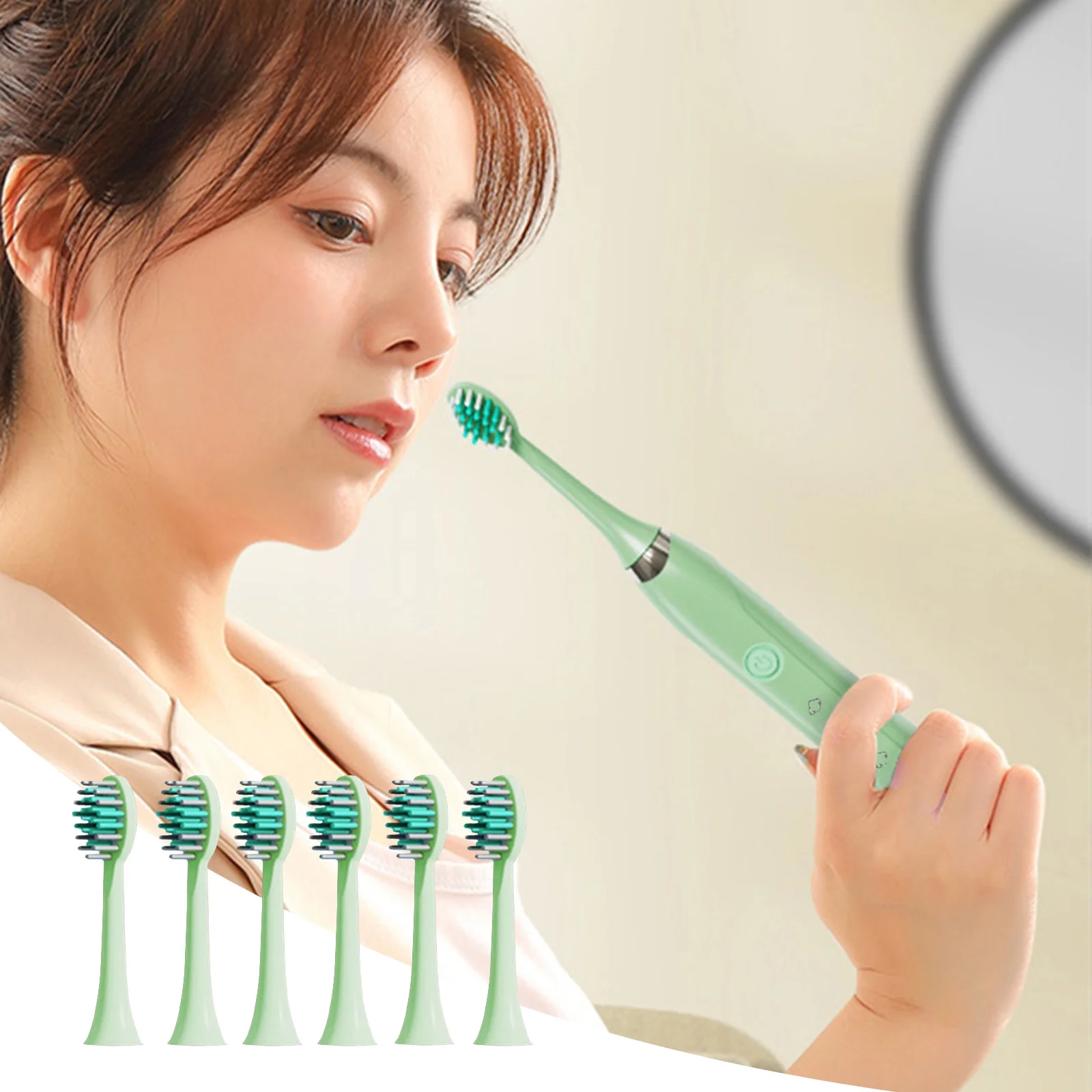
Water Quality and Bristles Contamination
The type of water you use can also affect your toothbrush. Hard or smelly water can leave minerals or sulfur on the bristles. This can lead to a not-so-fresh toothbrush smell.
Impact of Dietary Habits
Foods with strong odors, like garlic or onions, can transfer smells to your toothbrush. Even spices and coffee can leave lingering scents on the bristles after brushing.
Illness and Oral Diseases Contribution
If you’ve been sick, your toothbrush can pick up bacteria that cause bad smells. Also, oral conditions like gum disease can affect how your toothbrush smells. It’s important to replace your toothbrush after an illness to keep it fresh.
Best Practices for Maintaining a Fresh Toothbrush
Choosing the Right Toothbrush for Optimal Oral Care
Pick a toothbrush that suits your needs for hygiene and comfort. For example, models with replaceable heads help keep things clean. Advanced toothbrushes may have features like timers or pressure sensors. These can guide better brushing habits and also prevent bristle damage.
Rinse Toothbrush Frequently and Properly
After each use, rinse your toothbrush under water. This gets rid of toothpaste and bits of food. Make sure you shake off excess water. Then, gently tap the handle against the sink to remove more water. This helps keep your brush clean and fresh.
The Importance of Air Drying and Proper Storage
After rinsing, storing your toothbrush upright is key. This lets it air dry, stopping bacteria from growing. Don’t use covers or store in closed spaces. These create moist places that help germs multiply.
Regular Replacement to Prevent Odor Buildup
Change your toothbrush or its head every three to four months. Worn bristles not only brush less well, but they can also hide more bacteria. Spot this by looking for frayed bristles or a change in color. Replacing on time can fend off bad smells.
Step-by-Step Guide to Clean Your Electric Toothbrush
Maintaining your electric toothbrush is simple with the right steps. Let’s break down how to keep it clean.
Thorough Rinsing Techniques
After brushing, always rinse your toothbrush under tap water. Aim the water at the bristles to wash away leftover toothpaste and debris. Shake off excess water and tap the handle against your sink. This helps remove more moisture and keeps your brush clean.
Disinfecting Your Toothbrush with Mouthwash or Vinegar
For deeper cleaning, try mouthwash or vinegar. Soak your toothbrush head in antibacterial mouthwash for a few minutes to kill germs. Or, mix water with vinegar and soak for 30 minutes to neutralize odors. Rinse well after soaking to ensure no residue remains.
Utilizing Denture Cleaners for Deep Cleaning
Denture cleaners can also clean your toothbrush. Dissolve a tablet in water as directed and soak your toothbrush head for the time recommended. This process can help remove bacteria that cause odors. Rinse thoroughly afterward to keep your toothbrush fresh and ready for use.
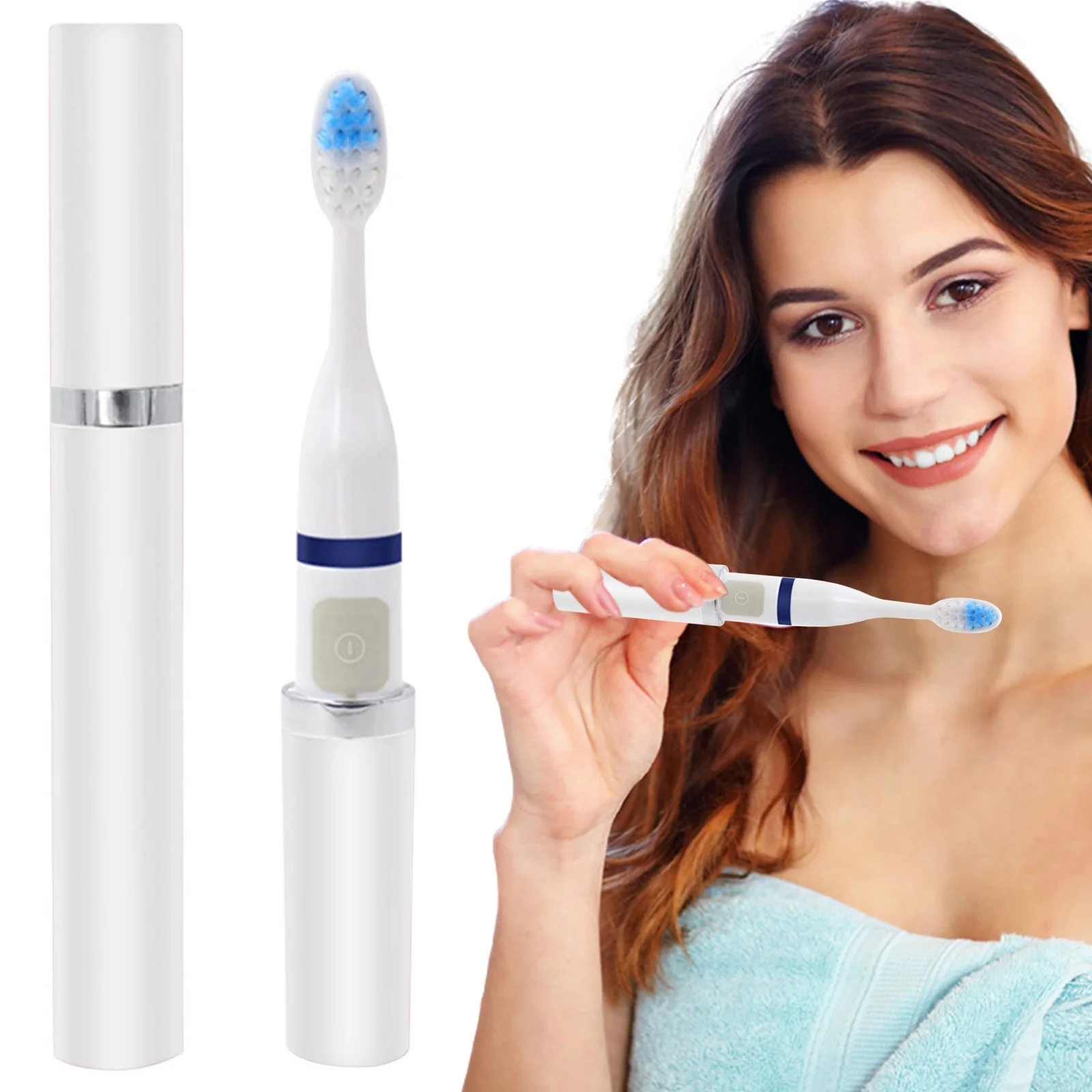 Troubleshooting Persistent Odors in Electric Toothbrushes
Troubleshooting Persistent Odors in Electric Toothbrushes
Sometimes, even with good care, toothbrushes develop stubborn smells. Here’s how to handle them.
How to Properly Disinfect and Deodorize
Soak the brush head in mouthwash or a vinegar-water mix to kill germs and neutralize smells. Always rinse well after soaking.
Tips for Preventing Cross-Contamination
Keep brushes separate and upright. This limits germ spread and lets bristles dry out. Avoid sharing toothbrushes to keep bacteria to yourself.
Additional Tips for Ensuring a Smell-Free Toothbrush
Maintaining a fresh electric toothbrush is key for oral health. Here are extra tips for a clean, odor-free brush.
The Role of Smart Toothbrush Features in Maintaining Cleanliness
Smart toothbrushes with features like pressure sensors help you brush right. This prevents hard brushing that damages bristles and traps bacteria. Also, timers ensure you brush long enough to clean thoroughly without overdoing it. Some brushes even have UV sanitizers to kill germs after use.
Beneficial Accessories for Your Electric Toothbrush
Invest in the right accessories. Brush heads with color-fading bristles remind you to replace them on time. Travel cases keep your brush safe and clean on the go. The right charger can affect battery life and performance, too.
Best Practices for Usage and Charging Habits
For better battery life, don’t charge your brush after every use. Wait until it’s nearly or completely out of power. This helps the battery last longer. And always remove the brush from the charger once it’s fully charged.
Remember to keep your electric toothbrush upright and in a dry spot when not in use. Store it away from the sink to avoid water splashes and reduce the chance of mildew. Make sure you have a routine for cleaning your brush and follow it regularly. This helps prevent any bad smells from building up and keeps your brush in top condition.
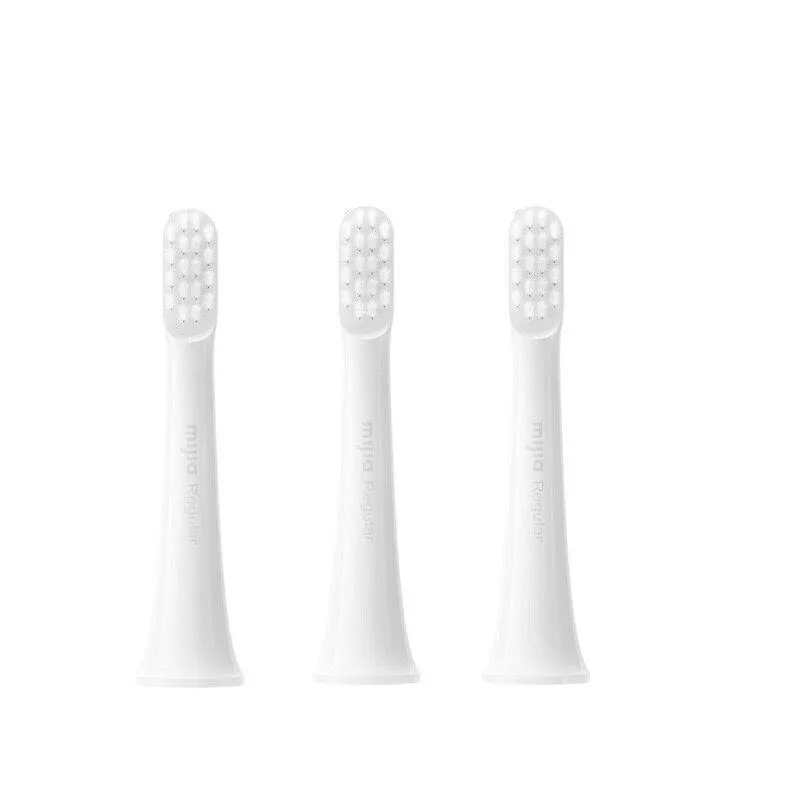 Electric Toothbrush FAQs
Electric Toothbrush FAQs
Navigating the frequently asked questions about electric toothbrush odors is crucial for maintaining optimal oral hygiene.
Identifying and Tackling the Bad Breath Odor on Your Toothbrush
Bacteria create bad smells; they love to hide in toothbrush bristles. Rinse your brush well after use. If the smell lingers, soak your toothbrush head in mouthwash. Still smelly? It may be time for a new brush head.
Understanding the Lifespan and Signs of Toothbrush Deterioration
Toothbrushes don’t last forever. Replace your brush or its head every three to four months. Look for frayed bristles and changes in color—they signal it’s time for a new one. A fresh toothbrush means a cleaner mouth.
Strategies to Avoid Toothbrush Odor After Illness
Sick? Bacteria from your illness can stay on your toothbrush. Replace it after recovering to prevent bad smells and keep brushing effective. Always store your toothbrush upright and let it dry between uses to fight bacteria.
When to Replace Your Electric Toothbrush
Sometimes, despite your best efforts, an electric toothbrush may still retain unpleasant odors.
Signs You Should Replace Your Toothbrush
- Persistent Oders: If you’ve cleaned it multiple times and the smell remains, it might be time for a replacement.
- Frayed Bristles: If the bristles are worn down or frayed, they can harbor more bacteria.
- Battery Issues: If you notice battery leakage or your toothbrush isn’t holding a charge, it’s safer and more hygienic to invest in a new one.
- Visual Signs: If you see discoloration or mold on the brush head, that’s a strong indicator it’s time to replace it.
Conclusion
So, why does my electric toothbrush smell? The answer lies in a combination of bacterial growth, poor cleaning habits, mold, and outdated components. It’s imperative to commit to proper maintenance and occasional deep cleans to ensure your toothbrush remains effective and odor-free. By following preventative tips and replacing parts as needed, you can keep your electric toothbrush a functional and pleasant tool in your quest for optimal oral hygiene. In doing so, you will not only preserve the integrity of the device but also ensure a healthier mouth, which is the ultimate goal of any dental care routine.

